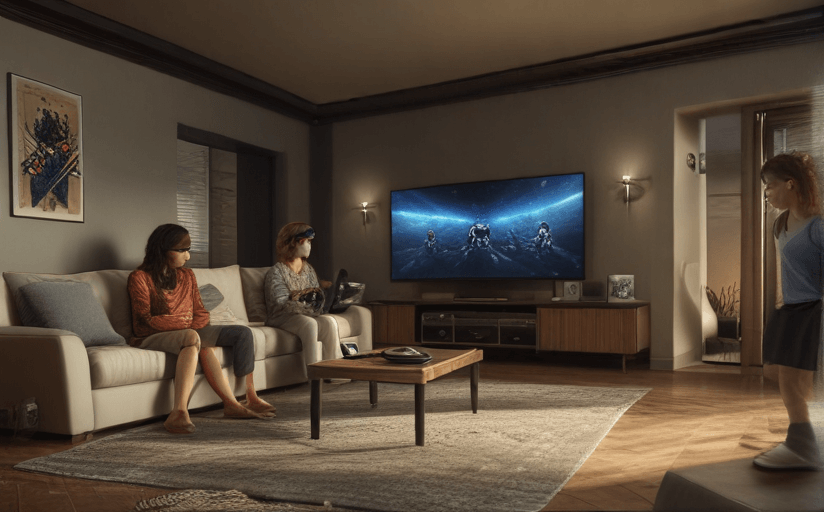Virtual Reality: Revolutionizing Home Entertainment
Virtual Reality (VR) technology, since its inception, has continually reshaped the realm of home entertainment. This futuristic technology has had a significant impact on gaming, movie experiences, social networking, and so much more, providing discerning consumers unparalleled and immersive experiences in the comfort of their homes.
Historical Milestones and Inception
The evolution of VR technology dates back to the 1960s with the development of the 'Sensorama' machine by Morton Heilig. However, modern VR technology we are familiar with today, the concept where an individual interacts with a computer-simulated environment, did not become a reality until the late 1980s and early 1990s. Innovators like Jaron Lanier and major companies like Nintendo have significantly contributed to the development and advancement of this immersive technology.
VR Devices and Applications
Since the advent of VR, various devices like Oculus Rift, PlayStation VR, Google Daydream, and Samsung Gear VR have hit the market, revolutionizing the face of home entertainment. These devices, coupled with numerous VR applications, enhance gaming experiences by enabling the user to become part of the gaming environment. Consequently, gaming has been transformed, leading to the popular catchphrase 'Be inside the game, not just play it'. In addition, VR technology has revolutionized movie watching, providing immersive cinematic experiences where viewers feel as if they are part of the action.
The Impact on Social Networking
Virtual Reality has also permeated the sphere of social networking. Platforms like Facebook Horizon are now providing opportunities for interactive and immersive social networking where users can meet with friends, explore new places, and create their own environments.
Positive and Negative Impacts
Positive Impacts:VR technology has greatly enhanced immersive experiences and accessibility. It has revolutionized the way we interact with the digital world, transcending traditional boundaries of interaction. Its application in domains like fitness, education, and mental health has further expanded its positive influence.
Negative Impacts:Despite its many merits, VR technology also has potential downsides. Some users have reported physical health issues, such as headaches, eye strain and even VR-induced motion sickness. Furthermore, overuse of this technology can lead to social isolation, as users become more engrossed in the virtual world, sometimes to the detriment of their real-world interactions.
Future of VR in Home Entertainment
The VR technology sphere is continuously evolving. Experts anticipate that VR will become a standard tool for home entertainment in the not-so-distant future. The integration of AI with VR promises to deliver even more personalized experiences and can potentially generate new forms of home entertainment that we can barely imagine today.
In conclusion, while there are reservations on the potential negative impacts of VR, it cannot be denied that this technology has revolutionized the world of home entertainment. The possibilities are endless as Virtual Reality continues to evolve, break barriers and redefine the norm.


















Comments
Leave a Comment